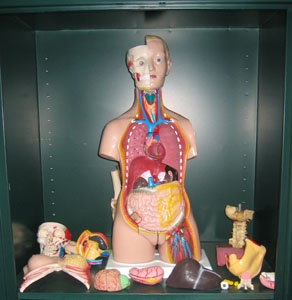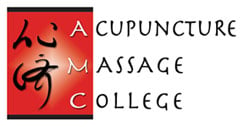As independent health care providers, the majority of acupuncturists work for private practices or are self-employed. Acupuncturist practitioners may share workspace with other health care providers who have different types of training in the field of Chinese medicine.
Licensing and laws for practicing acupuncture vary from state to state. Additionally, due to licensing regulations, acupuncturists usually must become certified through the National Certification Commission for Acupuncture and Oriental Medicine, (NCCAOM).
Certification is a requirement to practice acupuncture in most states, and employers may require NCCAOM certification as a condition for hiring. Certification also indicates to clientele that the acupuncturist practitioner adheres to nationally accepted standards of practice.

Responsibilities of the acupuncturist job include: undertaking patient consultations, making physical examinations and assessments, making accurate diagnosis using traditional Chinese methods, planning treatment requirements, making referrals to doctors and specialists, and arranging for additional tests and x-rays.A typical workday for the acupuncturist practitioner may include meeting with all kinds of people experiencing many different illnesses or disorders.Success in practicing acupuncture depends on many factors. The acupuncturist must have the ability to build up a business. Because so many acupuncturists own their own practice, they must be motivated to recruit new patients, develop administration skills and hire staff.
Outside of traditional acupuncturist practice, there are other work opportunities, which include teaching, writing books on the subject and publishing articles.

 (305) 595-9500
(305) 595-9500






